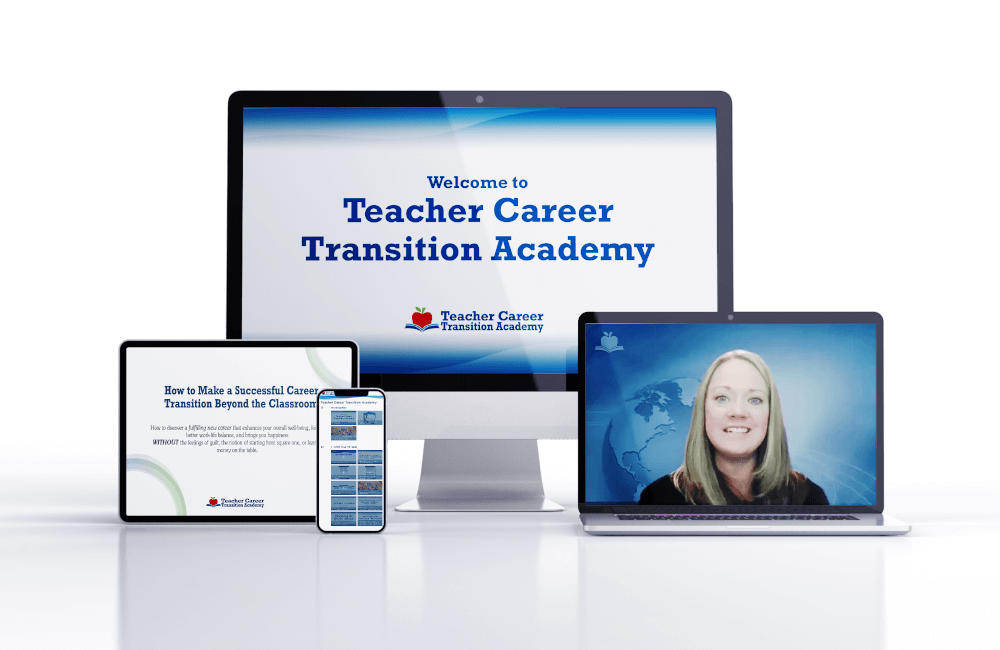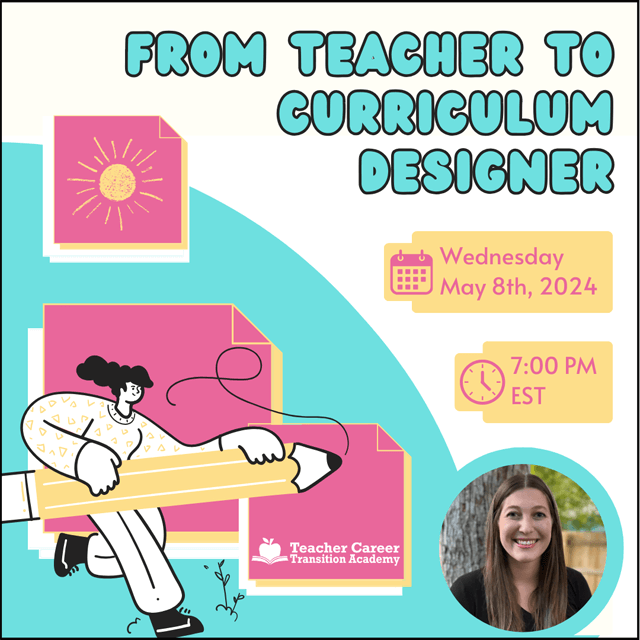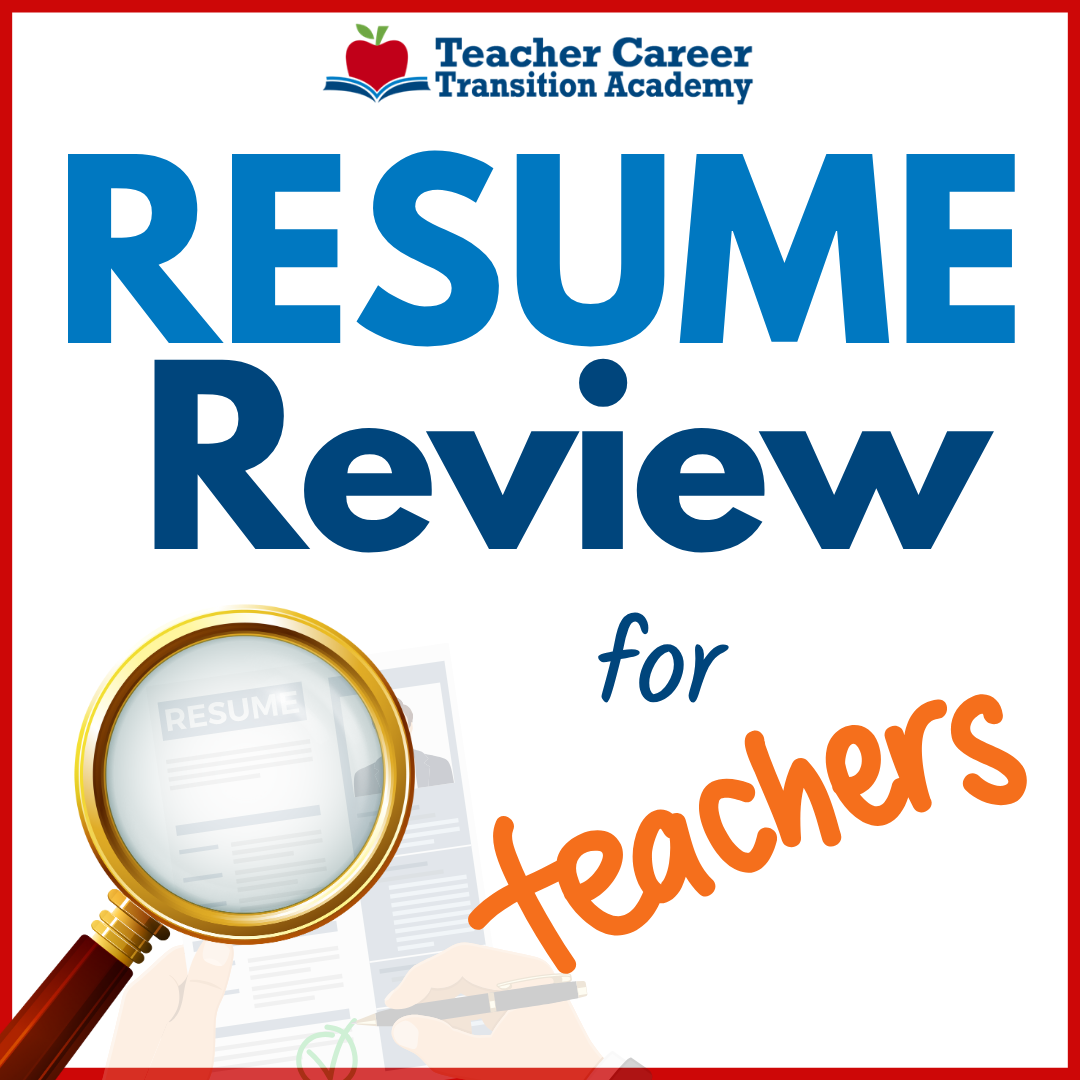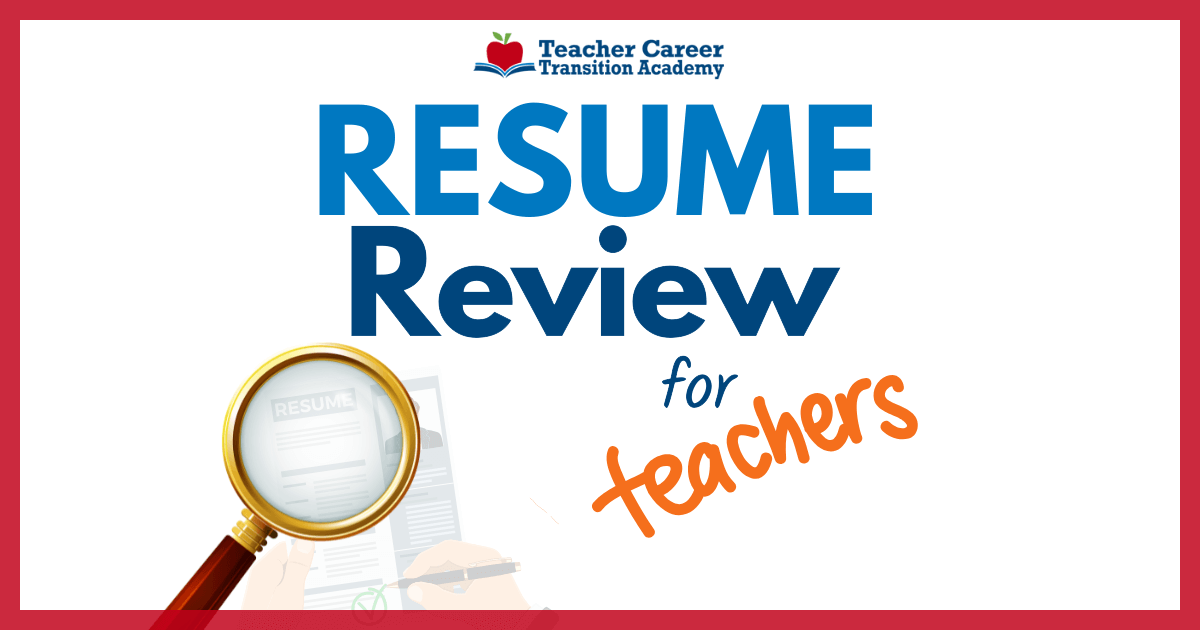
Transitioning careers can be an exciting yet challenging journey, and as teachers embark on this path, one crucial aspect to remember is the significance of preparation. In this blog post, we will explore the second tip from a video transcript titled "Preparation Leads to Confidence" and delve into how thorough preparation can boost confidence during job interviews and career transitions.
1. The Correlation Between Preparation and Confidence:
The correlation between preparation and confidence is undeniable. As adults, we sometimes overlook the importance of preparation, forgetting the valuable role it played during our childhood years. Whether it was practicing for a sports event, learning an instrument, or studying for a test, preparation was key to our success. Similarly, as teachers transition to new careers, adequate preparation becomes pivotal in fostering confidence.
2. Applying the Teacher's Mindset to Career Transition:
Drawing parallels to a teacher's preparedness in the classroom, we can see how being ready sets the stage for success. Arriving at school with lesson plans, materials prepared in advance, and a well-organized classroom creates a conducive environment for effective teaching. The same principle applies to job interviews. Being prepared and equipped with knowledge about the company and position demonstrates your commitment and boosts confidence.
3. Strategies for Effective Preparation:
a) Research the Company:
Before any interview, take the time to familiarize yourself with the company. Explore their mission, values, recent news, and any relevant industry information. This research will enable you to speak knowledgeably about the company and tailor your responses accordingly.
Before any interview, take the time to familiarize yourself with the company. Explore their mission, values, recent news, and any relevant industry information. This research will enable you to speak knowledgeably about the company and tailor your responses accordingly.
b) Practice and Role-play:Enhance your interview skills by practicing in front of a mirror. Observe your body language, facial expressions, and delivery. Consider engaging a friend or mentor to conduct mock interviews, enabling you to simulate real interview scenarios and gain valuable feedback.
c) Attend Networking Events:
Participating in social or professional networking events provides an opportunity to refine your communication skills and practice talking about yourself and your career goals. Engaging in conversations that force you to articulate your strengths and experiences helps build confidence.
Participating in social or professional networking events provides an opportunity to refine your communication skills and practice talking about yourself and your career goals. Engaging in conversations that force you to articulate your strengths and experiences helps build confidence.
d) Utilize Video Recording:
Film or record yourself responding to interview questions. Reviewing the recordings offers immediate feedback, allowing you to identify areas for improvement and refine your communication style.
Film or record yourself responding to interview questions. Reviewing the recordings offers immediate feedback, allowing you to identify areas for improvement and refine your communication style.
e) Pursue Excellence, Not Perfection:
Remember that preparation is not about striving for perfection but rather cultivating excellence. Embrace the idea of continuous improvement and practice as if preparing for a significant game, focusing on honing your skills and showcasing your best self.
Remember that preparation is not about striving for perfection but rather cultivating excellence. Embrace the idea of continuous improvement and practice as if preparing for a significant game, focusing on honing your skills and showcasing your best self.
4. Crafting Your Story:
An integral part of interview preparation is crafting a concise and compelling story about yourself. Consider this as your opportunity to provide an overview of your professional journey, highlighting key experiences and how they shape your future aspirations. Your story should answer three critical questions:
a) Your Journey:
Summarize the key points of your career, providing a high-level overview of your professional experience and how it has informed your career trajectory.
Summarize the key points of your career, providing a high-level overview of your professional experience and how it has informed your career trajectory.
b) Your Fit:
Emphasize why you are well-suited for the new opportunity. Highlight specific skills, noteworthy accomplishments, or projects that showcase your capabilities and potential.
Emphasize why you are well-suited for the new opportunity. Highlight specific skills, noteworthy accomplishments, or projects that showcase your capabilities and potential.
c) Company Benefits:
Articulate how the company stands to benefit from having you on board. Demonstrate an understanding of the company's goals and align your skills and experiences with their needs and objectives.
Articulate how the company stands to benefit from having you on board. Demonstrate an understanding of the company's goals and align your skills and experiences with their needs and objectives.
Remember, while the first two parts of your story will remain consistent, the third part should be tailored to the specific position and organization you are applying to.
5. Mastering the "Tell Me About Yourself" Moment:
The initial moments of a job interview often involve the interviewer asking, "Tell me about yourself" or a variation of this question. This is when you can utilize your well-crafted story. By practicing and rehearsing your story, you can confidently articulate who you are and your interest in the position.
6. Preparing Thoughtful Questions:
Always come prepared with thoughtful questions to ask the interviewer when given the opportunity. Consider the following examples:
a) Company Insights:
Ask about aspects of the company that are not widely known or the biggest misconceptions people have about the organization. This demonstrates your research and genuine interest.
Ask about aspects of the company that are not widely known or the biggest misconceptions people have about the organization. This demonstrates your research and genuine interest.
b) Future Outlook:
Inquire about the company's vision for the next five years and how the position aligns with their long-term goals.
Inquire about the company's vision for the next five years and how the position aligns with their long-term goals.
c) Success Measurement:Seek clarity on how your success in the role will be measured, emphasizing your commitment to delivering results.
d) Onboarding and Training:
Gain insights into the onboarding and training process, showcasing your eagerness to be well-prepared and contribute effectively.
Gain insights into the onboarding and training process, showcasing your eagerness to be well-prepared and contribute effectively.
7. Going the Extra Mile:
To further impress interviewers, conduct a Google search for recent news articles about the company. Incorporate these findings into your questions, demonstrating your proactive research and genuine curiosity.
8. Handling Unknown Questions:
If faced with a question to which you don't know the answer, it's essential to be honest. Admit that you don't have the answer but showcase your problem-solving skills by outlining the steps you would take to find a solution. This demonstrates your resourcefulness and willingness to collaborate with others.
By recognizing the importance of preparation in career transitions and job interviews, teachers can approach their new endeavors with confidence. Through diligent research, practice, and crafting a compelling story, teachers can showcase their strengths and adaptability. Remember, preparation is not about perfection but about striving for excellence. Embrace the process and watch as your confidence soars, opening doors to new and exciting career opportunities. If you haven’t yet, join LearnWorld’s Facebook Group, Teacher Career Transitions (LearnWorld).
About This Post:
This blog post is based on information shared within the Teacher Career Transition Academy. To learn more about this particular topic, refer to the video title “Approaching a Job Interview with Confidence” located within the Teacher Career Transition Academy.





